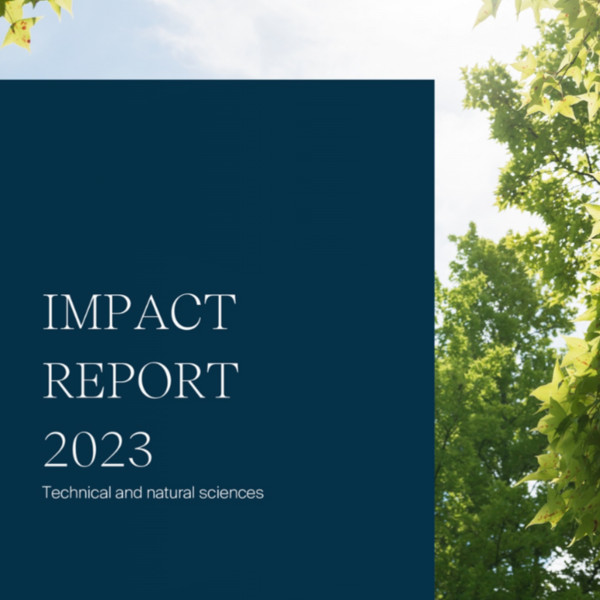

Talented scientists with the right kind of support can deliver innovative research at the highest international level. With annual research grants of more than DKK 600 million, Villum Foundation is one of Denmark’s largest private funders within the technical and natural sciences. We support excellent research anchored in Danish universities and research institutions.
Villum Foundation strongly believes that research talent is evenly distributed across genders, and that it benefits Danish society that research is conducted by a diverse group which includes both women and men.
Our goal is that the gender distribution among our applicants and grantees within our programmes reflects the overall pool of potential applicants.
We aim to meet researchers with trust, freedom and flexibility - in close coorporation with their host institutions - enabling them to create the best creative research environments where new ideas can emerge and flourish.
Our programmes are open to all researchers regardless of nationality, as long as the research is anchored at a Danish research institution.
If you receive a grant from Villum Foundation, you will get the opportunity to participate in selected seminars, workshops, leadership programmes and networks. All our active grantees get the opportunity to meet twice a year for our Villum Fellow seminars.
Villum Foundation is a party to the new agreement between a number of private foundations and the Danish universities on a common model for indirect costs. The indirect costs are covered through a project supplement calculated from the number of project-funded full-time academic staff equivalents in certain staff categories.
The call text will always explicitly state the guidelines for indirect costs applicable to the specific call.
Health or veterinary research, e.g. research into human or animal health, including nutrition, medicine, biomedicine, pharmacology or research in diagnostics and methods for examination and treatment.
Furthermore, applicants affiliated with centres, sections, units or groups whose primary scientific focus is within these areas (including university health departments and faculties, hospitals, the Danish Cancer Society, DTU Health Technology, and SDU Health Informatics and Technology) are not eligible to apply and will receive an administrative rejection.
We ask all applicants to create an ORCID.
We expect grantees to regularly report on their research via Researchfish.
The detailed requirements for reporting are set out in the grant letter you will receive if your application is funded.
We abide by the Open Access policies of the Danish public research councils and foundations regarding the scientific publications resulting from our grants. Reasonable Open Access costs may be covered.
Villum Foundation abides by the principles of the Danish Code of Conduct of Research Integrity. Applications to Villum Foundation for research funding are scientific products in the sense of the Danish Law on Scientific Misconduct (Lov om videnskabelig uredelighed). For this reason, we ask you to confirm that the proposal you submit fairly acknowledges all significant intellectual contributions from others.
Villum Fonden is a member of the Coalition for Advancing Research Assessment (CoARA) which is committed to an increasing use of qualitative assessments, including peer review, when research and researchers are evaluated.
All applications for research funding to Villum Foundation will be assessed by internationally recognized scientists in a working group or committee. This helps ensure that the grant activities of the foundation are carried out in a professional, sound and otherwise exemplary basis. The Working Group for Technical and Natural Science (TNF) also assists the board with strategy development and review and recommendations for decisions regarding applications and projects within the foundations’ grant areas and asset management.
Read more about the foundation’s working groups and committees, their tasks, governance etc.
Villum Foundation contributes significantly to the Danish research ecosystem in the field of natural and technical sceíences. We support both young researchers receiving their first grants, and also participate in large initiatives, such as the establishment of research centers at world-class level.
But how do we measure the impact of our grants and the importance of research to society? Read more about this in our annual IMPACT report
